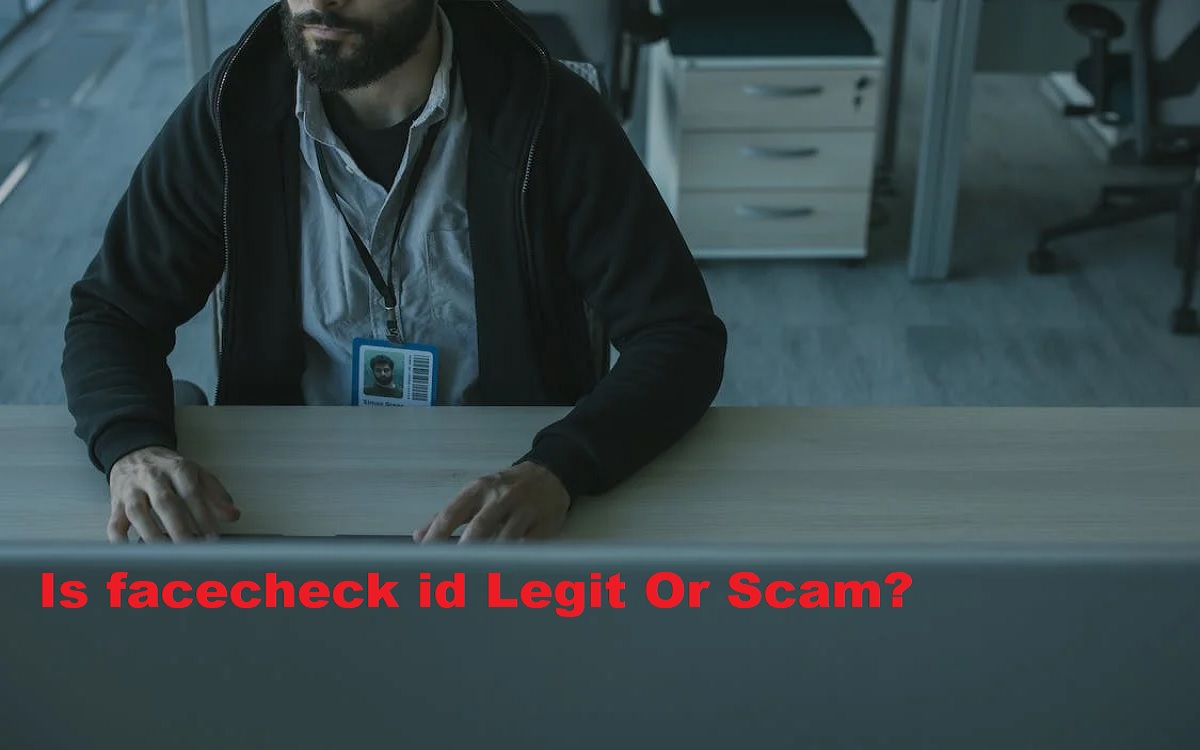Facecheck ID review, this technology is an emerging player in the identity verification space that leverages facial recognition technology to conduct background checks and validate identities. With the rise of online fraud, fake profiles and catfishing scams, tools like Facecheck ID are growing in popularity across various sectors.
Recent Released: Callaway Paradym Ai Smoke Driver – Why So Fast?
Introduction
In an increasingly digital world, establishing and verifying online identities has become crucial yet challenging. Facecheck ID offers a solution – an AI-powered platform that compares a photo of an individual to images aggregated from social networks and other public sources to match identities and potentially reveal inconsistencies.
While promising, Facecheck ID also raises reasonable privacy concerns given the sensitive nature of facial recognition data. This article reviews Facecheck ID, its features, use cases, competitors and examines some of the key questions around its legitimacy and privacy implications.
How Does Facecheck ID Work?
The core of Facecheck ID is its facial recognition engine. Users simply upload a photo of an individual or search by name. Facecheck ID then matches the probe image against its database of images aggregated from social networks and other public sources using advanced face mapping algorithms.
It looks for matches as well as inconsistencies that may indicate fraudulent identities or activities. Results highlight verifications like name, age, photos from other sources, aliases as well as warnings, risk scores and insights.
Key Features and Use Cases
Identity and Background Checks
A key use case for Facecheck ID is as part of identity and background checks. The platform can complement official checks to uncover aliases, fraudulent IDs and misrepresentations. This can be useful for employers, property managers and agencies like immigration services.
Dating and Social Platforms
Dating sites and social networks can leverage Facecheck ID to detect fake profiles and catfishing scams by malign actors. Facial recognition adds another layer beyond traditional techniques like phone/SMS verification.
Access Control and Authentication
Facecheck ID can enable touchless access control via facial recognition. For example, housing societies can potentially use it to strengthen visitor management systems and authenticate identities before granting access.
Law Enforcement Investigations
Government agencies and law enforcement could potentially use Facecheck ID as an investigation tool to aid identification and background checks on suspects based on images or names.
How Does Facecheck ID Compare to Alternatives?
The identity verification space has no shortage of contenders.
Let’s examine how Facecheck ID compares to some alternatives:
- Vs Traditional Checks: Facecheck’s facial recognition complements traditional background checks and provides an additional verification signal based on public photos. However, it relies solely on public data sources.
- Vs IDology: Tools like IDology offer robust identity verification including information from credit bureaus, government records and other authoritative sources. However, they lack facial recognition capabilities.
- Vs Jumio: Jumio offers facial authentication integrated with identity document (e.g. driver’s license, passport) screening. This provides verification both via biometrics and official documents.
In summary, Facecheck ID occupies a unique niche with its focus specifically on facial recognition-based identity checks using public photos. Unlike document verification services, it does not access official records or private financial data during its checks.
Using Facecheck ID: Recommendations
While Facecheck ID offers innovative capabilities, facial recognition also poses ethical dilemmas and privacy risks if used irresponsibly or without oversight.
Here are some recommendations for responsible use of the platform:
- Obtain clear consent from individuals before checking their identities
- Validate results through secondary checks using official channels
- Avoid over-reliance on Facecheck ID results as the sole basis for decisions
- Secure stored facial images and data against breaches
- Be transparent about use of facial recognition technology with stakeholders
- Conduct periodic audits for accuracy, ethical usage and responsible practices
Privacy Concerns and Considerations
Experts rightly highlight the privacy pitfalls of facial recognition. Concerns relevant to platforms like Facecheck ID include:
1. Mass Collection of Facial Data
- Facecheck ID likely stores copies of photos aggregated from public domains for its facial recognition needs. This enables mass collection of biometric data without consent.
2. Lack of Regulation and Oversight
- Facial recognition platforms often have limited regulation. Controls to prevent misuse, breach or sale of sensitive biometric data are lacking.
3. Enhanced Tracking and Surveillance
- centralised storage of photos combined with facial recognition enhances the ability for covert, persistent tracking and surveillance at scale.
While Facecheck ID states it prioritises both accuracy and ethics, caution is still warranted given current gaps around policies and laws governing biometric platforms. Users should conduct privacy impact assessments before adoption.
Verdict: Effective but Controversial
In conclusion, Facecheck ID offers innovative facial recognition capabilities for identity verification but also poses ethical and privacy risks. It is reasonably accurate for public, social-media based checks but should not fully replace official background verification procedures.
As regulations and oversight around facial biometrics mature, services like Facecheck ID will likely grow as useful tools for verification, provided they enshrine responsible data practices around consent, anonymization and strong protections against breaches or misuse. For now, caution and prudent adoption is advisable.
Summary Table
Here is a summary table highlighting the key capabilities, applications and considerations around using FaceCheck ID as an identity verification tool:
| Facecheck ID | Summary |
| Technology | Facial recognition based on photos aggregated from public sources |
| Key Features | Photo verification, name/age checks, risk scoring |
| Use Cases | Background checks, dating platforms, access control |
| Accuracy | Reasonably accurate with public photos but has limitations |
| Privacy Risks | Consent issues, mass collection of biometric data, surveillance concerns |
| Recommendations | Validate results via secondary checks, prioritise consent and data security, avoid over-reliance |
